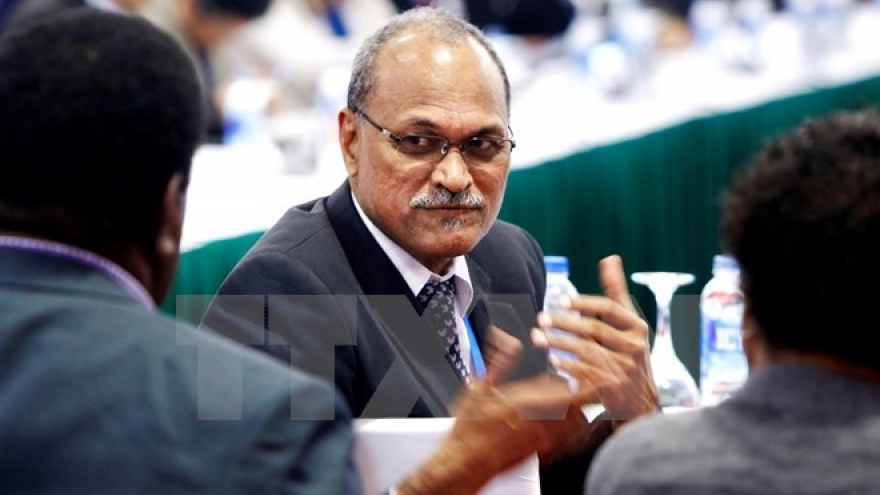Human resources help APEC become driving force for global economy
As a dynamic region with rapid economic growth for many decades, the Asia-Pacific region has become a primary driving force for the global economy thanks to its abundant human resources with high skills, said a Vietnamese official.
 |
“Our urgent task is to promote regional cooperation, study and make timely assessments on the impacts of digital technology on human resources development, based on which proposing pioneer solutions to increase the adaptability of the labour force in the digital age,” he said.
Diep expressed his hope that the meeting would focus discussion on the Framework of Human Resources Development in the Digital Age for consensus.
If approved, this will be the outcome document of the APEC High-level Policy Dialogue on Human Resources Development in the Digital Age, with significant contributions to the development of high quality human resources, enhancement of job quality and connection among people in the APEC region, he added.
The Deputy Minister went on to say that this also contributes to creating a new driving force for building a shared future of a dynamic, cohesive and prosperous APEC community as well as constructing Asia-Pacific partnership for sustainable and comprehensive development in the 21st century.
Talking with Vietnam News Agency (VNA) reporters on the sidelines of the meeting, Christina Maria Schonleber, Vice Director (International Secretariat) of the Association of Pacific Rim Universities (APRU), said the fourth industrial revolution will benefit the labour market, especially in the digital age, and create opportunities for skill development with the assistance of new technologies.
The development of the digital age will lay a foundation for development in the future, she said, adding that the labour market needs to develop further, particularly enhancing transnational connections and expanding vocational training.
Established in 1990, the HRDWG has conducted work programmes on developing human resources, touching on issues ranging from education to labour and capacity building. In addition, the HRDWG has responsibility to help build cultural awareness and promote gender quality.



